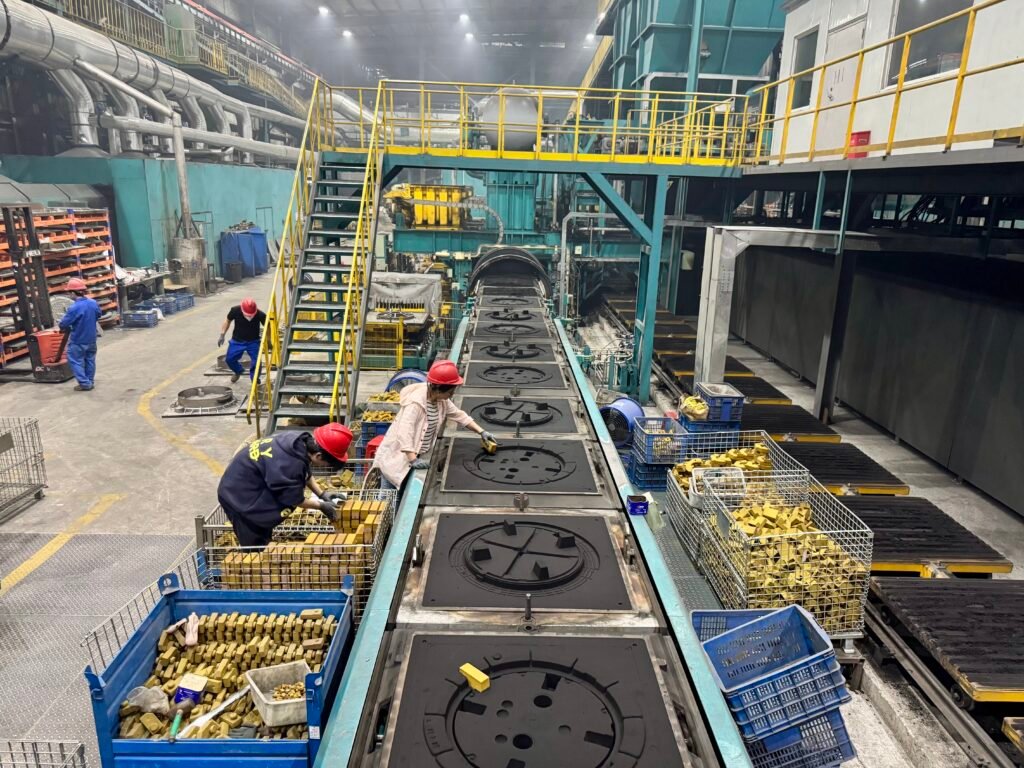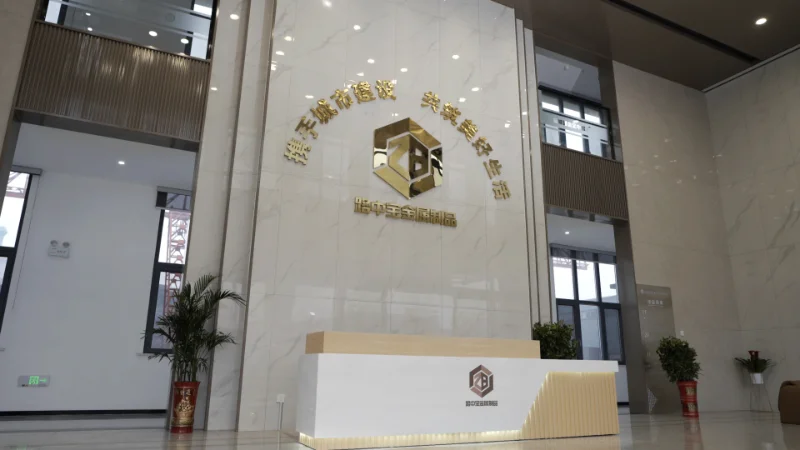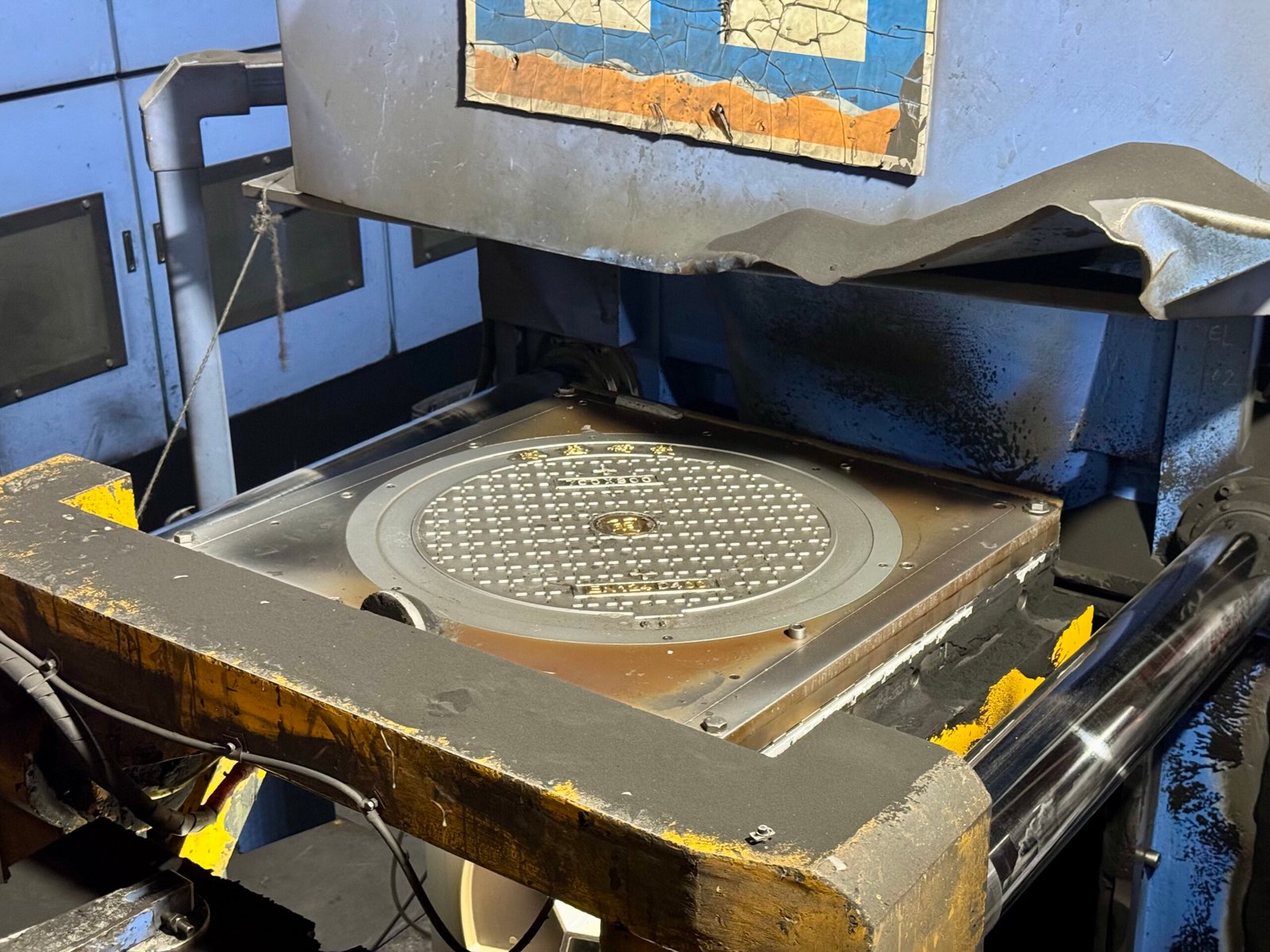Choosing reliable manhole cover manufacturers is critical for ensuring the safety and longevity of infrastructure projects. As protective barriers for underground utilities enduring continuous dynamic loads, covers demand rigorous supplier vetting. With numerous suppliers in the market, how do you identify truly qualified manufacturers? Below are key criteria for evaluating manufacturers (covering covers, frames, and integrated systems):

1. Material Quality: The Foundational Criterion
Material Selection:
Ductile Iron: Industry standard for strength, toughness, and impact resistance.
Grey Cast Iron: Suitable for medium-low load zones; monitor brittleness.
Composites (FRP, polymer concrete): Lightweight, corrosion-proof, non-conductive.
Steel: Reserved for ultra-heavy/custom applications.
Material Treatment:
Mandatory anti-corrosion processing (zinc spraying, epoxy coating) to resist environmental damage.
Verification:
Request material certificates and compliance proofs (EN 124, GB/T 23858).
Investigate real-world performance via client references (especially similar projects).
2. Production Technology & Technical Capabilities
Advanced Processes:
Casting: Resin sand/lost foam methods ensuring defect-free density.
Machining Precision: CNC machining for perfect cover-frame fit (eliminating noise/vibration).
Surface Treatment: Automated shot blasting/painting for coating adhesion.
Automation: Robotic production lines ensuring consistency.
Technical Impact:
Directly determines product lifespan and resistance to heavy loads, corrosion, and freeze-thaw cycles.
3. Product Range & Customization Capacity
Comprehensive Specifications:
Load classes (A15 to F900 per EN 124).
Standard dimensions (circular/square).
Materials (ductile iron, composites).
Application-specific designs (roads, airports, green spaces).
Customization:
Assess ability to execute non-standard sizes, shapes, locks, logos, or artistic designs via technical drawings.

4. Market Reputation & Client Feedback
Due Diligence Channels:
Industry associations, technical forums, trade media.
Verified client reviews on B2B platforms (Alibaba, Global Sources).
Critical Metrics:
Product consistency (batch defect history).
Contract compliance (delivery timelines, specification accuracy).
Issue resolution efficiency.
5. After-Sales Service & Warranty
Technical Support:
Pre-sales consulting, installation guidance, and troubleshooting.
Warranty Terms:
Transparent and enforceable coverage (minimum 5 years for materials/workmanship).
Service Network:
Local support partners for large-scale/cross-regional projects.
6. Value Optimization & Delivery Assurance
Cost Analysis:
Reject suspiciously low bids—prioritize lifecycle cost (procurement + maintenance over 20 years).
Delivery Capabilities:
Confirmed lead times for standard/custom orders.
≥95% on-time delivery track record.
Damage-proof packaging for large covers.
Conclusion
Systematically vetting manufacturers of cover systems (covers, frames, accessories) is essential to prevent safety hazards, frequent repairs, and premature replacements. Rigorously evaluate all above criteria and consult professional engineers or certified consultants to make project-optimized decisions.




